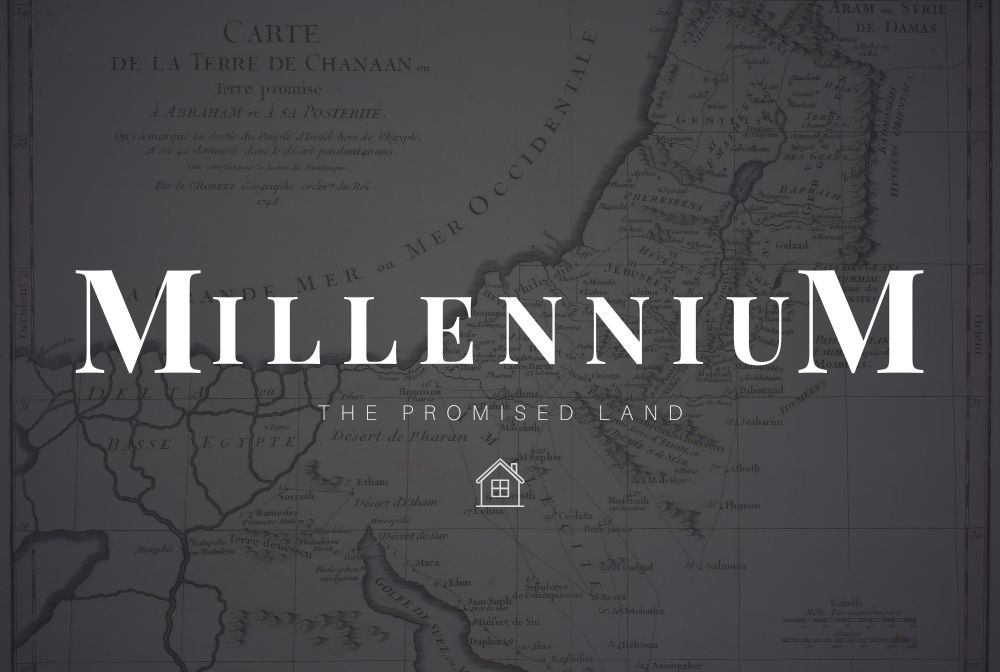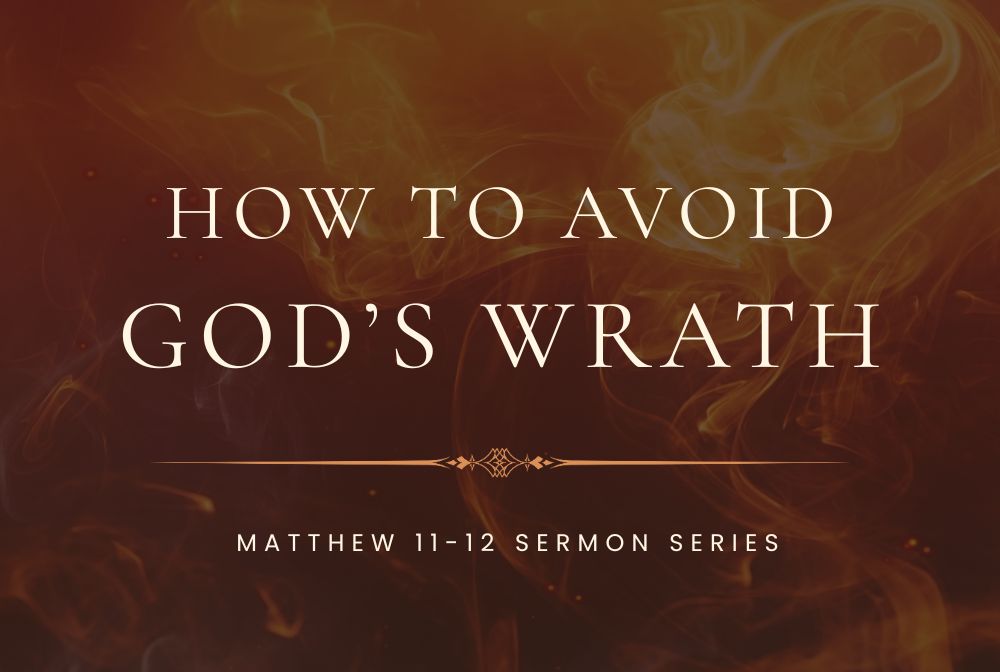BTV: Romans 1:13a
Behind the Verse explores the English text of the Bible one verse at a time.
BTV: Romans 1:12
Behind the Verse explores the English text of the Bible one verse at a time.
BTV: Romans 1:11
Behind the Verse explores the English text of the Bible one verse at a time.
BTV: Romans 1:10b
Behind the Verse explores the English text of the Bible one verse at a time.






